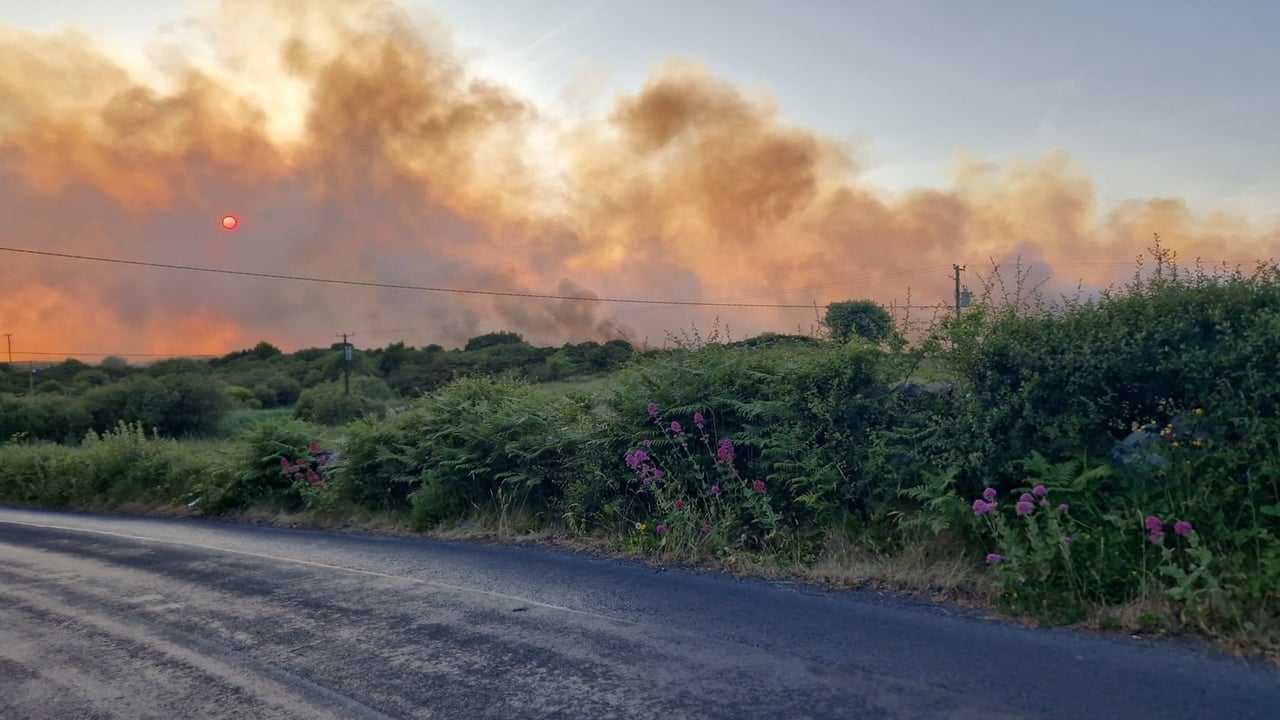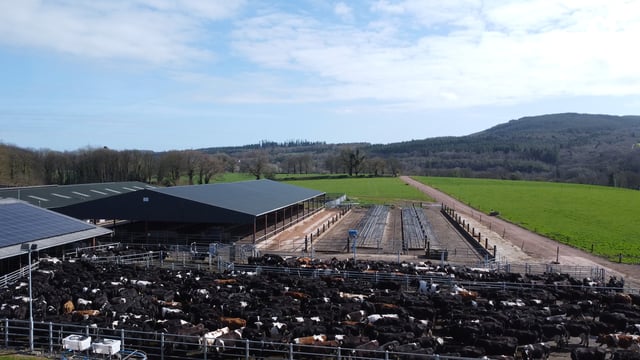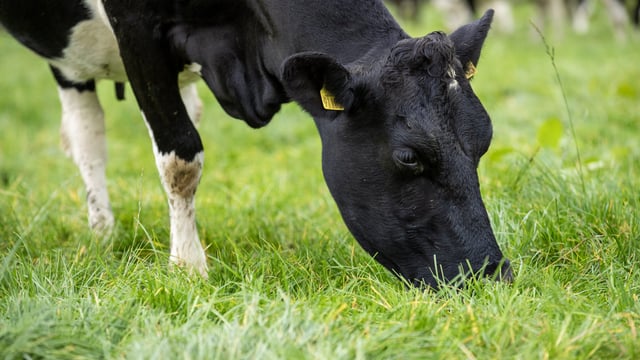Coillte urges against lighting outdoor fires amid risk warning
A status orange high fire risk warning is in place across the May Bank Holiday Weekend due to current dry weather patterns.
The warm, dry conditions Ireland is currently experiencing are expected to continue into the weekend, increasing the risk of fire spreading, particularly with low humidity and moderate winds.
With increased visitor numbers to local forests expected over the May Bank Holiday, Coillte is urging the public to avoid lighting fires or barbecues in high-risk areas outdoors and to remember:
- Do not light fires in the outdoors around forests or open land;
- Do not attempt to intervene or fight forest fires under any circumstances;
- In the event of a fire, gather all family/group members and move to a safe fuel-free location such as a car park, upwind of the fire;
- Telephone Fire and Rescue Services via 112 and report the fire and its location;
- Evacuate if instructed to do so, and cooperate with all emergency service instructions.
Landowners and rural users are advised to stay alert, report any suspicious activity to An Garda Síochána, and ensure emergency access routes remain clear.
With the weather becoming warmer and dryer, dead grasses, gorse and heather become much more flammable and fire spreads quickly once ignited.
These forest fires can be devastating and almost always arise from preventable human activities according to Coillte, whether this be the lighting of barbecues or campfires in wooded areas or the burning of land that spirals out of control.
Speaking on the importance of vigilance during both this warning and peak forest fire season, communications manager for Coillte, Pat Neville said: “Just as more people begin to venture into our woodlands over the spring and summer months, dryer conditions bring a heightened risk of forest fires.
"In our experience, 99% of forest fires stem from human actions, not natural causes.
"While we welcome and encourage increased visitor numbers to our forests that have since reopened after the damage caused by Storm Éowyn, we want to urge caution for both this upcoming bank holiday weekend and the next few months.
"Please exercise care and refrain from lighting fires in the outdoors. If you see a forest fire, do not approach it and report it to the local emergency services immediately," he added.
Coillte has said that it remains committed to safeguarding natural heritage and ensuring the safety of all individuals in forested regions.
It added that the ramifications of forest fires are far reaching and severe. Not only do they jeopardise public safety and the lives of those in the emergency services and working in forestry who are battling the flames, but they also wreak havoc on ecosystems, wildlife, and protected habitats.
According to Coillte, the ecological damage and heightened emissions of carbon dioxide (C02) pollutants can be profound and enduring, requiring years, if not decades to recover.
At this time of year, wildlife is especially vulnerable to fire such as ground nesting bird species.
Forest fires also exact a heavy financial toll on forest owners, encompassing the costs of firefighting operations, the devaluation of timber resources, and the expenses associated with rehabilitating scorched landscapes and replanting the forest, according to Coillte.
Forest fires are extremely dangerous, they should never be approached and members of the public are advised never attempt to extinguish them.
Visitors to forest recreational areas are urged to comply with fire safety protocols, respect relevant bye-laws, and ensure that parked vehicles do not obstruct access for emergency services.
The public are also reminded that 46 of out 230 recreation sites around the country currently remain closed due to ongoing safety concerns as a result of Storm Éowyn.





